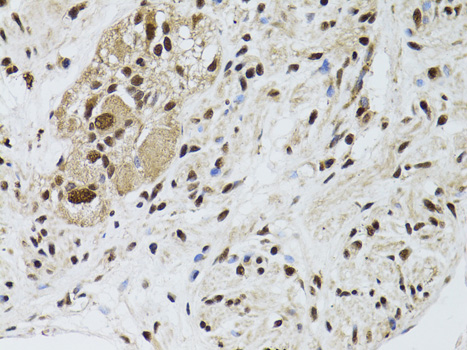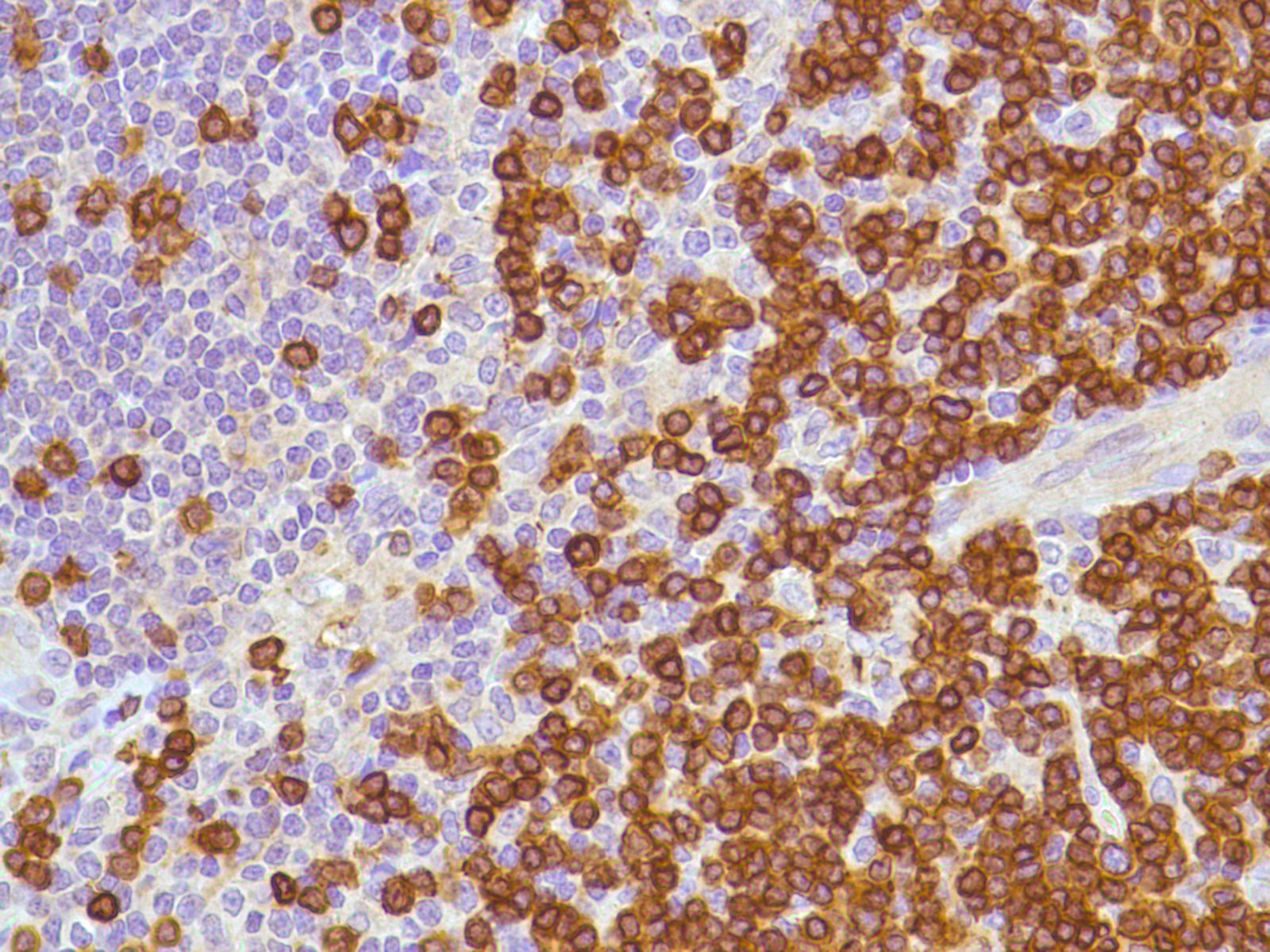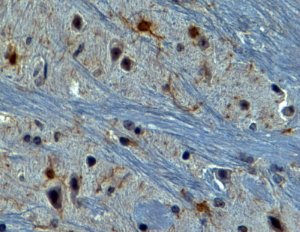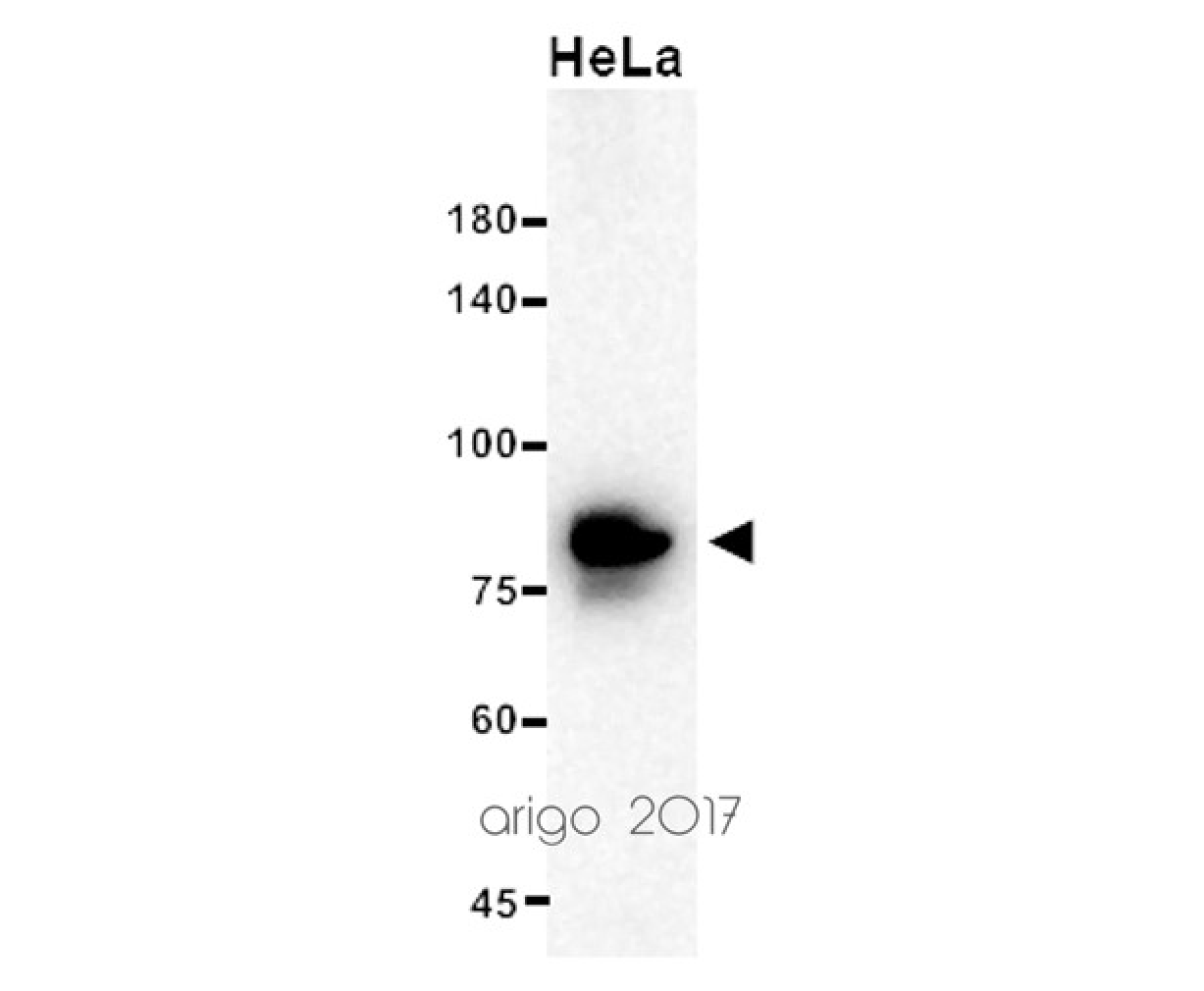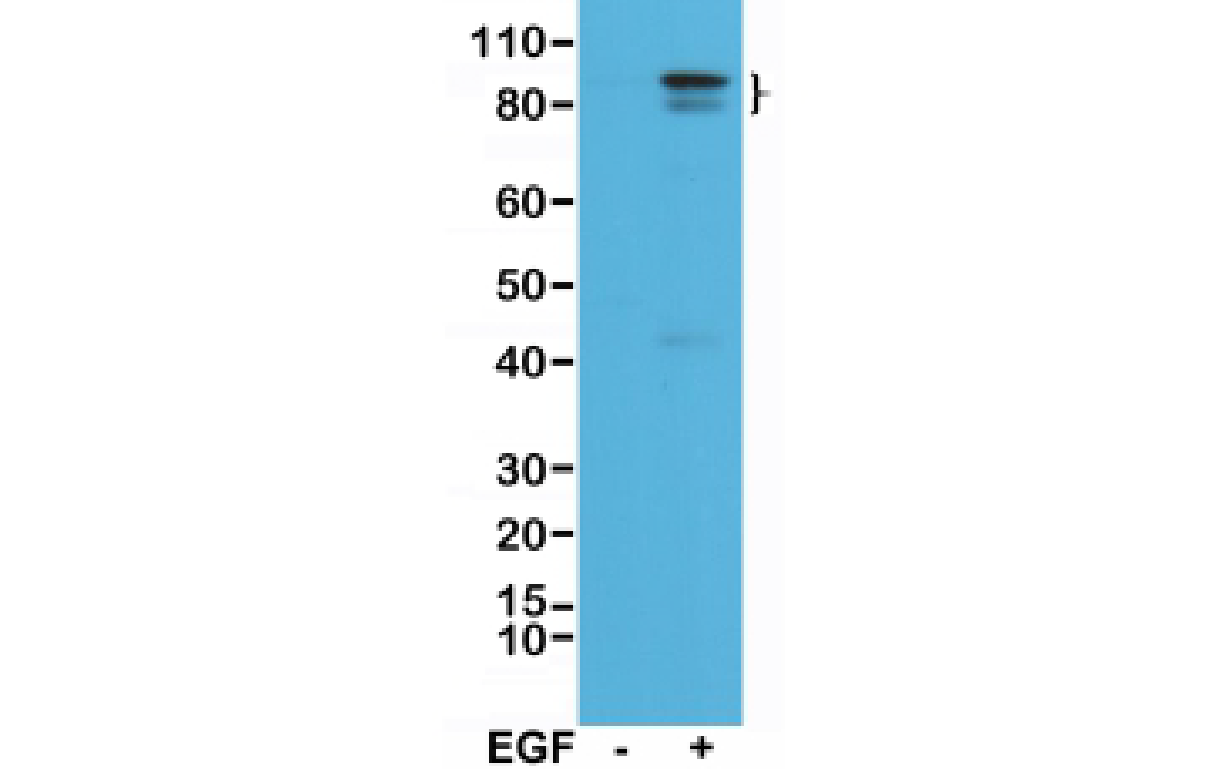LKB1 deficiency in T cells promotes gut tumors
LKB1 deficiency in T cells promotes gut tumors
Peutz-Jeghers Syndrome (PJS), a rare autosomal dominant disorder with characteristic of benign polyp formation in the gut, is caused by a mutant of tumor suppressor gene STK11 that encodes LKB1 protein. LKB1 is a serine/threonine protein kinase. It acts as a tumor suppressor by regulating cell growth, metabolism, survival and polarity.
Recently, Poffenberger et al. show that deletion of LKB1 in T cells instead of the epithelial cells also promotes intestinal polyposis. They found that loss of a single allele of STK11 gene in T cells is sufficient to drive intestinal polyp formation. The mouse model as well as the PJS patients display inflammatory immune-cell infiltration, STAT3 activation, and increased expression of IL6, IL11 and CXCL2 which are associated with cancer progression. Their results identify LKB1-mediated inflammation as a tissue-extrinsic regulator of intestinal polyposis in PJS, suggesting possible therapeutic approaches by targeting deregulated inflammation in this disease.
arigo offers quality antibodies and ELISA kits to facilitate related research.
Related Antibodies |
|
|
|
|
|
|
STAT3 pTyr705 antibody [RM261] (ARG57263)
|
STAT3 pSer727 antibody(ARG56428)
|
|
| Cat. No. | Product | Sensitivity | Sample types |
| ARG80101 | Human IL1 beta ELISA Kit | 4 pg/ml | Serum, Plasma, Cell culture sup. |
| ARG80196 | Mouse IL1 beta ELISA Kit | 8 pg/ml | Serum, Plasma, Cell culture sup. |
| ARG80110 | Human IL6 ELISA Kit | 1.5 pg/ml | Serum, Plasma, Cell culture sup. |
| ARG80199 | Mouse IL6 ELISA Kit | 8 pg/ml | Serum, Plasma, Cell culture su. |
| ARG80139 | Human IL11 ELISA Kit | 15 pg/ml | Serum, Plasma, Cell culture sup. |
| ARG81655 | Mouse IL11 ELISA Kit | 15.6 pg/ml | Serum, Plasma (heparin, EDTA), Cell culture sup. |
| ARG80120 | Human TNF alpha ELISA Kit | 8 pg/ml | Serum, Plasma, Cell culture sup. |
| ARG80206 | Mouse TNF alpha ELISA Kit | 15 pg/ml | Serum, Plasma, Cell culture sup. |
| ARG80121 | Human CXCL12 ELISA Kit | 60 pg/ml | Serum, Plasma, Cell culture sup |
Reference: Poffenberger et al., (2018) Science. 361(6400):406-411.
